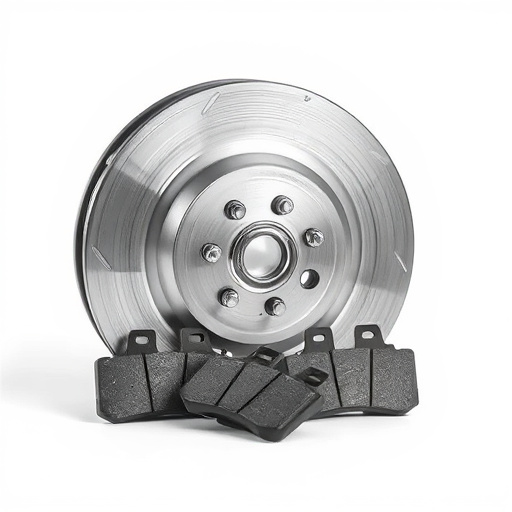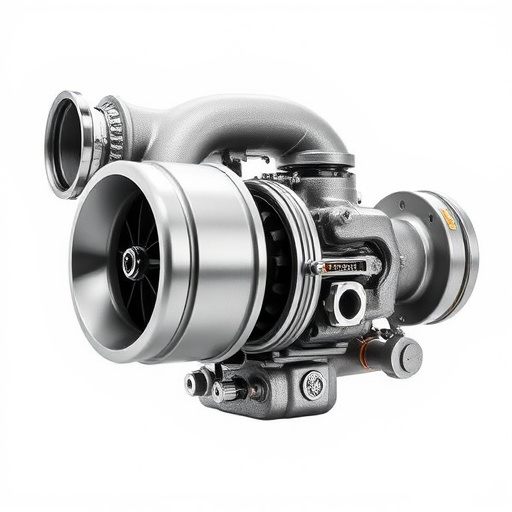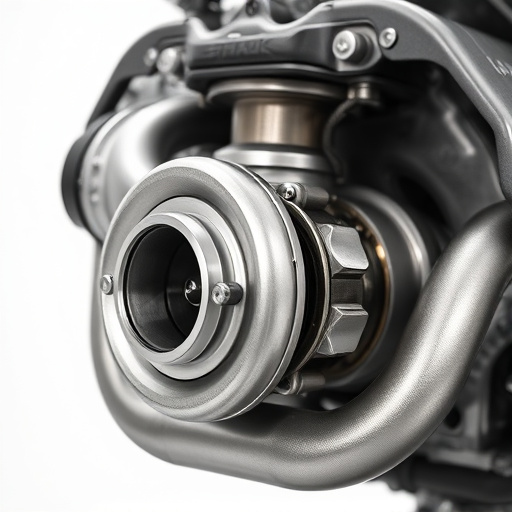Resonator delete modifications can change a car's sound and performance but may face legal issues due to noise regulations. This process impacts exhaust tuning, potentially affecting overall vehicle performance. Before deleting, check local laws regarding exhaust system alterations, consider privacy implications, obtain consent, and perform an environmental impact assessment.
Considering a resonator delete? This guide explores crucial legal issues before you proceed. The term refers to the permanent removal of personal data from online platforms, with significant implications for data privacy laws. We navigate the legal framework governing this process, examining relevant data protection regulations like GDPR and CCPA. Additionally, we delve into ethical considerations surrounding consent, impact assessment, and the long-term effects on individuals and society.
- Understanding Resonator Delete: Definition and Implications
- Legal Framework: Relevant Laws and Regulations Examined
- Ethical Considerations: Privacy, Consent, and Impact Assessment
Understanding Resonator Delete: Definition and Implications

Resonator delete is a term used to describe the modification or removal of a vehicle’s resonator, an acoustic device designed to reduce unwanted noise, specifically exhaust-related vibrations and sound. This process involves altering the car’s exhaust system, often by removing or bypassing the resonator entirely. While it may seem like a simple change, a resonator delete has significant implications for both performance and legal compliance.
When a resonator is deleted, the vehicle’s exhaust note can undergo dramatic changes. Some drivers appreciate the deeper, more aggressive sound that results, especially when combined with other modifications like custom exhaust systems or performance air filter kits. However, this modification can also lead to increased noise levels, which may trigger legal repercussions depending on local regulations. Moreover, deleting the resonator might affect the vehicle’s overall performance, as the resonator plays a role in tuning the exhaust system, impacting factors such as power and torque, particularly when considered alongside suspension kits or brake pad upgrades.
Legal Framework: Relevant Laws and Regulations Examined

Before considering a resonator delete, understanding the legal framework surrounding such modifications is paramount. The legality of removing or altering exhaust components varies across regions, heavily influenced by local traffic laws and regulations aimed at maintaining vehicle safety and environmental standards. In many jurisdictions, modifications to a vehicle’s exhaust system, including the resonator, fall under stricter scrutiny due to their potential impact on noise pollution and vehicle emissions.
Relevant laws often target not just the resonator delete itself but also the broader scope of changes to intake components and cat back exhaust systems that may accompany it. These regulations are designed to ensure that any alterations do not compromise the overall vehicle performance or exacerbate environmental concerns. Therefore, anyone planning a resonator delete must be aware of and compliant with these legal requirements to avoid potential fines or legal repercussions.
Ethical Considerations: Privacy, Consent, and Impact Assessment

Before proceeding with a resonator delete, several ethical considerations come into play, especially concerning privacy, consent, and impact assessment. Privacy is paramount when it comes to automotive modifications, as personal vehicle data, including performance changes, can be sensitive information. Individuals should ensure that any tools or methods used for the resonator delete do not infringe upon their privacy, especially in light of the growing importance of connected cars and digital vehicle networks.
Consent is another crucial aspect, particularly when modifying a vehicle that is owned by someone else. It’s important to gain explicit permission from all relevant parties, as altering brake components, like resonators, or installing performance upgrades such as cold air intakes, can have unintended consequences on the vehicle’s overall performance and safety. Impact assessment is also critical; assessing the potential environmental and health impacts of removing a resonator is essential, especially considering that such modifications may affect noise levels and vehicle emissions, which are often regulated at both local and national levels.
Before proceeding with a resonator delete, it is crucial to navigate the intricate legal landscape surrounding this procedure. By understanding the implications of resonator delete and considering the ethical dimensions, including privacy, consent, and potential impact assessment, individuals can ensure they are acting within legal boundaries. This comprehensive overview highlights the importance of seeking professional advice and staying informed about relevant laws, thereby promoting responsible and lawful practices in the digital realm.














